Unraveling the Link Between Mental Health and Cardiovascular Disease
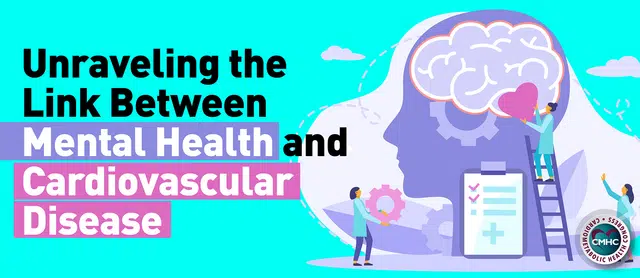
The profound link between the heart and mind has been the subject of much research for some time, with newer studies reinforcing the existing evidence as well as offering deeper insights. A large number of studies have shown that individuals coping with conditions like depression, anxiety, or stress face an elevated risk of cardiovascular problems. […]
The Role of Meditation in Heart Health
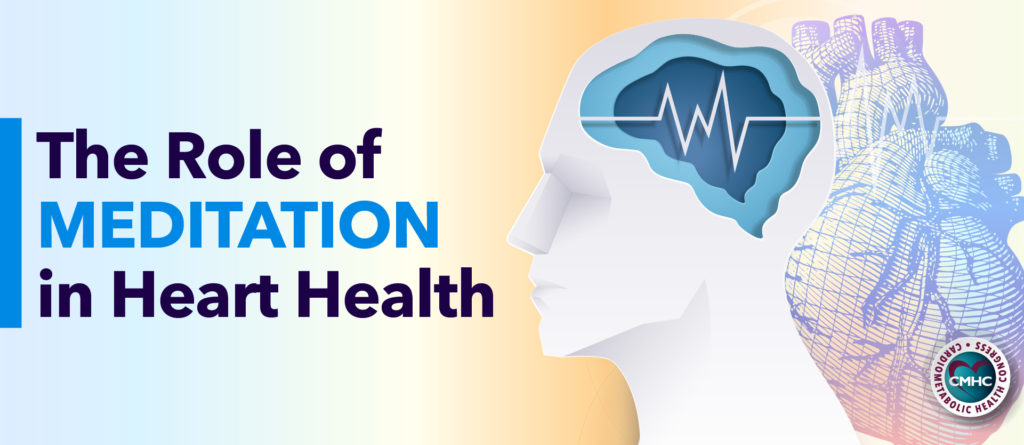
Certain lifestyle and pharmacological interventions have proven effective at lowering the prevalence of CVD risk factors, which has increased apace with worsening population health. Although, there is a pressing need for novel, cost-effective interventions for primary and secondary prevention as the burden of cardiovascular disease remains steady. Experts continue to report positive data on the […]
Exploring the Relationship Between Optimism & Cardiovascular Health
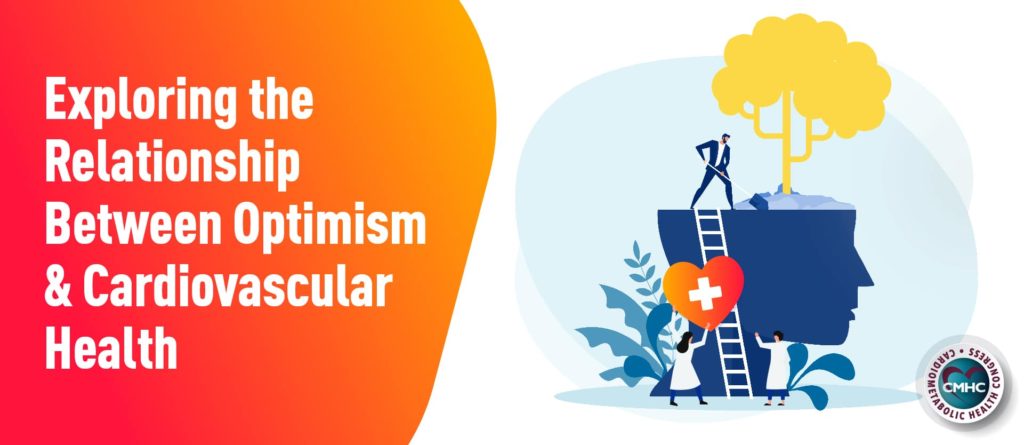
Optimism has been linked to professional and academic success, increased quality of life, and even improved physical health markers. Prior research has evidenced a clear association between negative emotions, social factors, and chronic stress conditions along with adverse cardiac outcomes. Until recently, studies of the impact of an individual’s mindset on cardiovascular outcomes and all-cause […]
Reducing Cardiovascular Disease Risk with Polypills and Aspirin
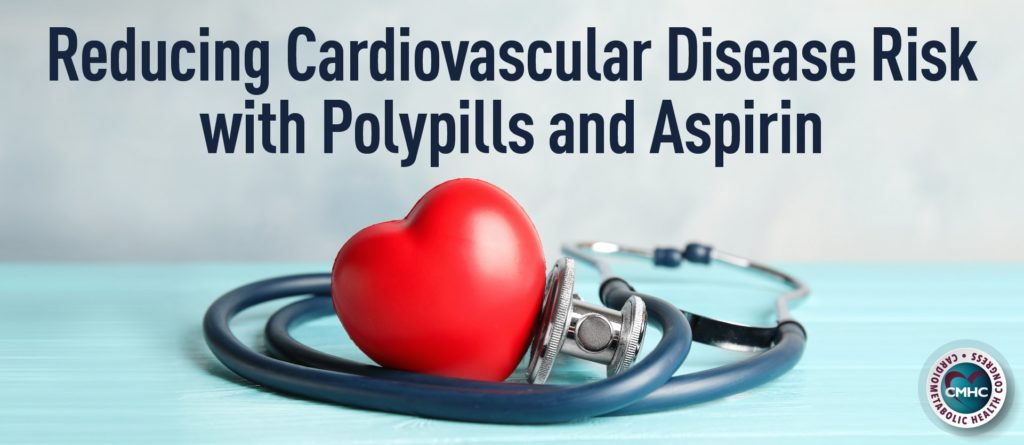
Lifestyle interventions and preventative medications are central components of prevention strategies targeting cardiovascular disease (CVD) as well as attempts at lowering patient health risk factors. One possible pharmacologic intervention is the use of polypills, which has been found to improve adherence to preventive medications. Fixed-dose combination therapy in the form of a polypill is frequently […]
The Impact of Sleep Patterns on Genetic Risk and Incidence of CVD
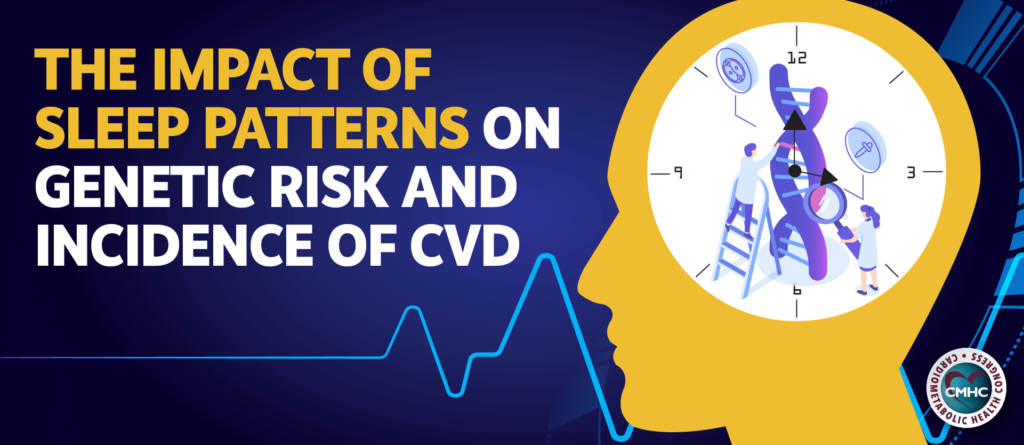
Out of the many important risk factors for cardiovascular disease, several are related to individual lifestyle patterns. Emerging evidence implicates that sleep behaviors may play a larger role in cardiovascular disease risk than previously thought. Individuals with unhealthy sleep habits, such as insomnia, snoring, and daytime sleepiness, may face an increased CVD risk between 10% […]
Early Onset Type 2 Diabetes Tied to Higher Risk for CVD
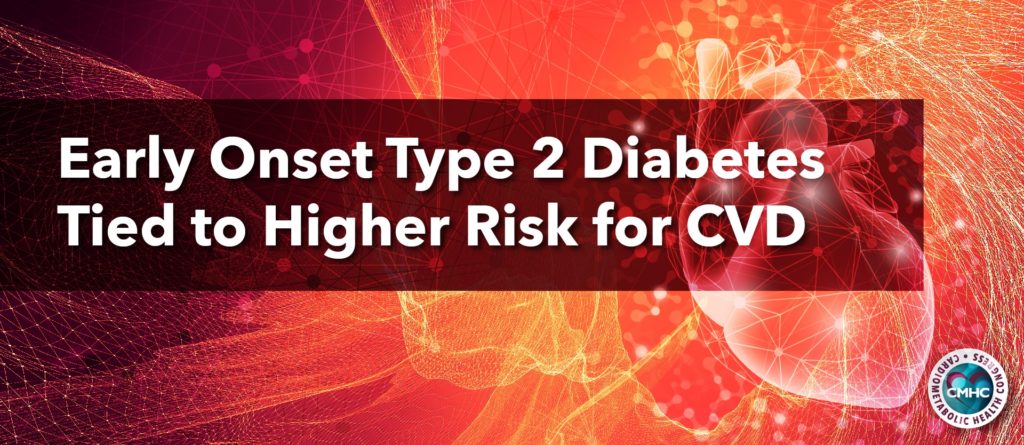
As rates of obesity have steadily climbed over the past 40 years, more adolescents and young adults are being diagnosed with type 2 diabetes than ever before. Between 2002 and 2012 alone, the incidence of type 2 diabetes in youth grew by nearly 5%. As early onset has been directly linked to poorer outcomes, young adults […]
How Depression Affects Heart Health

Two new studies highlight the negative impact of depression on the health outcomes and health-related quality of life of people with cardiovascular disease. A new study has found that undiagnosed depression can significantly affect the lives of those who had a heart attack, and an increasing body of evidence points to a strong correlation between […]
New CMS Financial Incentives to Reduce CVD Risk
Physicians will soon have a new financial incentive to focus on CVD prevention through the Million Hearts® CVD Risk Reduction Model. The Centers for Medicare & Medicaid Services (CMS) will reward providers for reducing the absolute 10-year risk of heart disease or stroke among their high-risk patients, utilizing a predictive model to generate personalized risk […]













